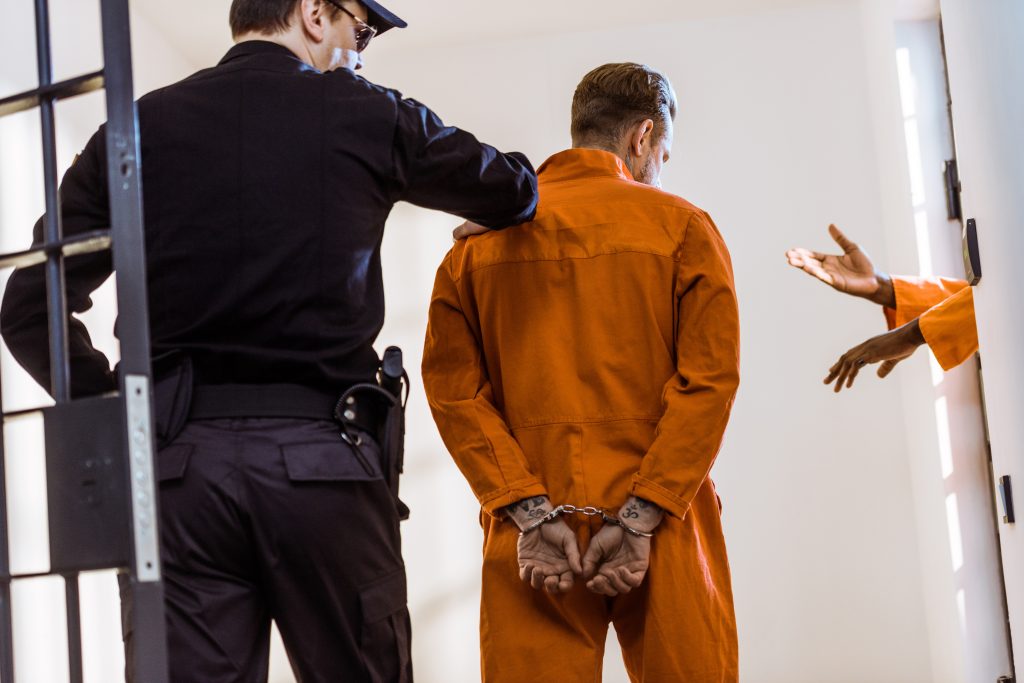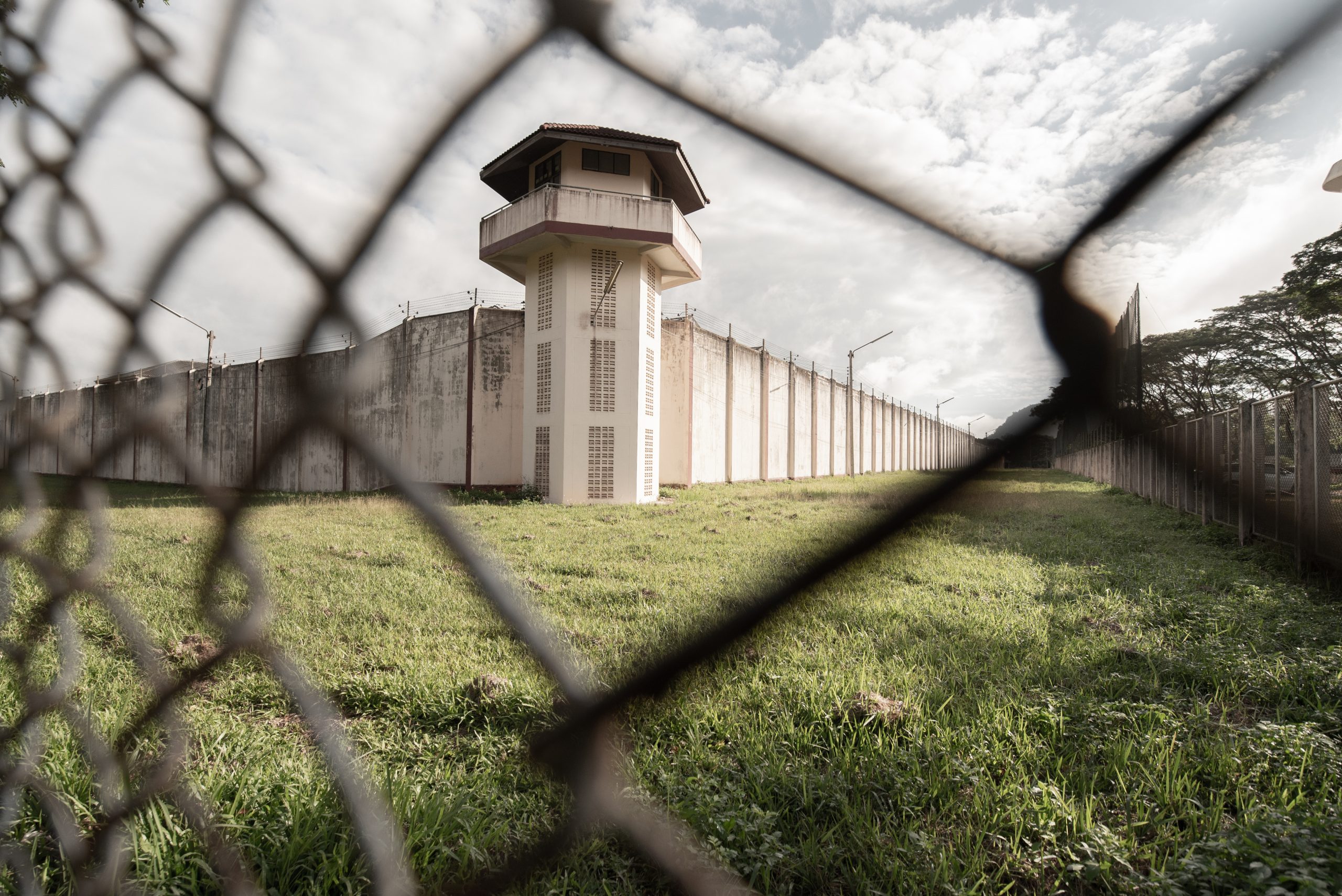By Richard McDonald
When you’re going to prison, it’s important to know who you will interact with during your time there. While you will be spending time with other incarcerated people, you will also be interacting with different members of the staff. Who is in charge in prison? What does each person do?
Who is in charge at the prison?
The warden oversees the entire operation at the prison. In my experience, I did not see the warden very often. He would be there during one meal between Monday and Friday. Other than that, he was somewhat of an enigma.
The assistant warden oversees the staff. They will also fill in for the warden in their absence. As with the warden, I did not see the assistant warden very often.
Who is in charge of punishment at the prison?
Lieutenant officers oversee the correctional officers. Correctional officers (COs) are in charge of discipline in the prison and make sure that you are following the rules.
However, if you break institutional rules, the lieutenant officers decide the punishment. They will decide if you go to the segregated housing unit (SHU). Unlike Lieutenant Officers, COs also conduct the counts and perform random inspections, strip searches and drug screenings.
Who is in charge of your case?
Your specific case is broken into three different roles. At the top are the Case Manager Coordinators (CMCs). The CMCs are in charge of the case managers. A good CMC mitigates that and is essential to a good prison experience. In my prison, the CMC was always present, accessible and made sure that he corrected the mistakes made by the case managers.
Case Managers manage your program while in prison. They are in charge of making sure that you are going to your classes, paying restitution and arranging your halfway house. During COVID-19, case managers are also the ones who put you in for home confinement under the CARES Act if you qualified.
Finally, your Case Counselor is in charge of your housing and job placement. If you want a bottom bunk, you need to talk to your case counselor. They will make sure that your living area is clean and organized. If you want a particular job, then you go through the case counselor.
Who is in charge of your medical care while in prison?
The prison medical staff is made up of nurse practitioners. The prison doctor is a consulting physician located offsite. There are also nurses and nurses’ assistants. On the dental side, there are dental hygienists and assistants.
There are also Drug Treatment Specialists (DTS) who work in the Residential Drug Abuse Program (RDAP). The DTS role is to oversee the treatment of prisoners in RDAP. They create drug treatment plans and manage the RDAP program.
Who is in charge of your mental healthcare while you are in prison?
The prison psychologist oversees the mental health of all the prisoners. The prison psychologist oversees RDAP. Additionally, the prison psychologist also teaches anger management classes and is in charge of individual counseling sessions for all incarcerated people.
I know of many prisoners who requested counseling but did not receive it. I am still at a loss as to why. Be aware that requests for things such as individual counseling may not be prioritized. It depends on the individual psychologist. When it comes to mental health, make sure that you have realistic expectations.

Who is in charge of educational classes in prisons?
The teachers oversee the GED program, teach classes to prisoners and more. Classes within a prison can include English as a Second Language (ESL), job preparedness, finances, stress management and others. However, while I was in prison, I never saw a teacher teach a class. Instead, prisoners taught the classes, and teachers played on their computers.
Who is in charge of the kitchen in prisons?
Food Service Officers oversee the kitchen operations. The majority of the staff in the kitchen are prisoners. Food service officers are correctional officers. They ensure that the food preparation is done properly. Food Service Officers manage inventory, schedule prisoner work shifts and manage the cleanliness of the food service hall.
Who oversees the religious communities in prison?
The prison chaplain oversees the religious community of the prison. The chaplains organize the various meetings for the different religious groups. They also teach religious courses. The chaplain is a trained correctional officer. In my prison experience, the chaplain was a correctional officer first and chaplain second.
How should you interact with prison staff members?
There is an essential rule to understanding the employees at the prison. Correctional officers, counselors, case managers and prison staff are not your friends or enemies. You may want to avoid sharing information with them outside of medical, legal and safety situations.
It will go a long way to ease your adjustment to confinement if you continue to show respect and politeness. Always remember that the guards have authority. At any time, they can order you to perform a task or search your personal belongings for any reason. You should address guards formally and ask their permission if anything is out of the ordinary (even the smallest deviation).
The Takeaway:
There are many roles within the prison. From your Case Manager to the Food Service Officers, remember to address each person formally. Remember to avoid sharing your personal information with prison staff unless needed.






